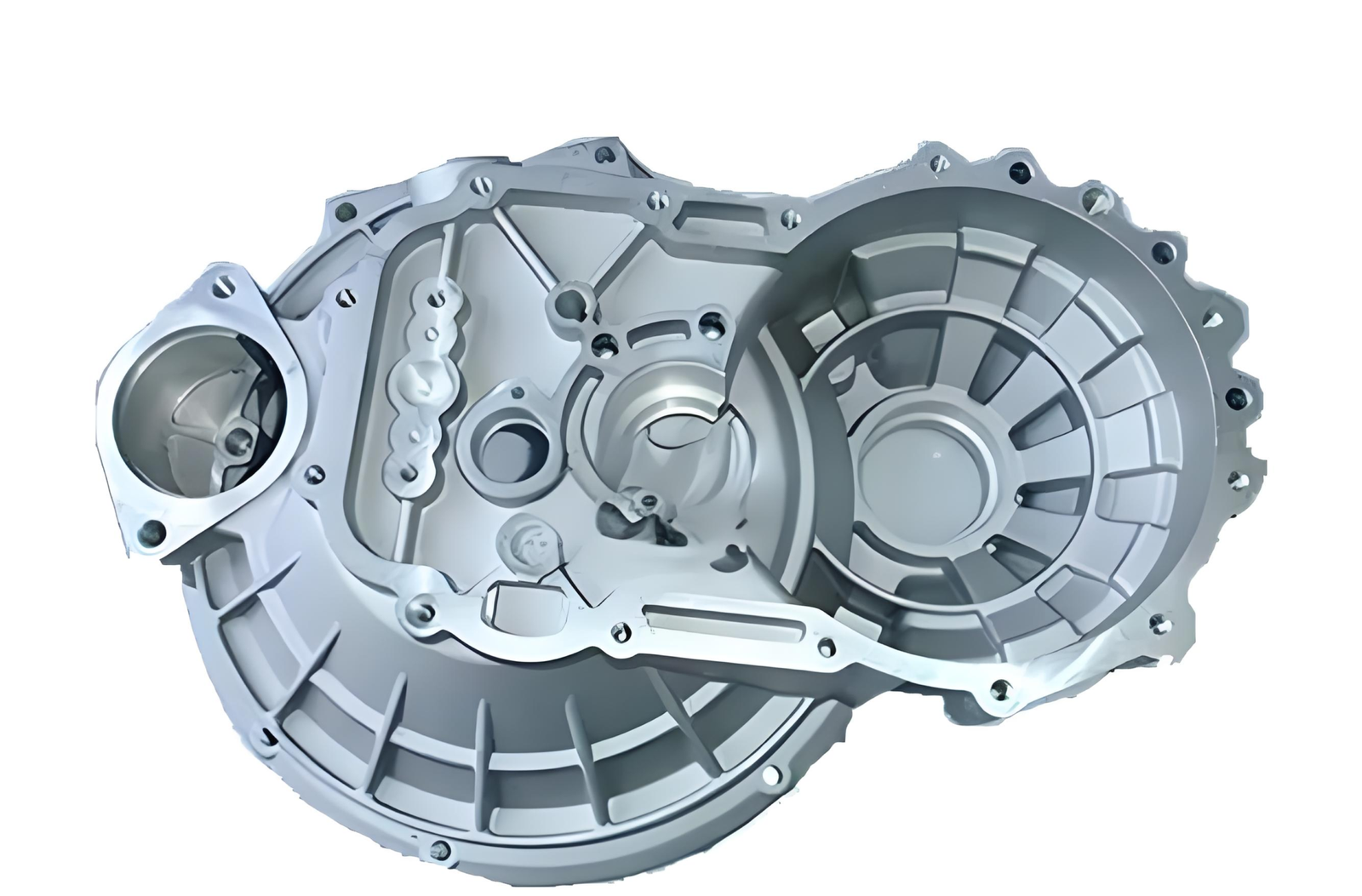
In the fast-paced and competitive world of automotive startups, innovation and speed are critical to success. The ability to prototype and test automotive components rapidly can make or break a new vehicle design. One crucial element of this process is prototype automotive components machining, a vital service offered by JUPAICNC. Through precise machining, automotive startups can refine their designs, identify potential issues early, and bring their ideas to life before committing to full-scale production. This process not only saves time but also significantly reduces costs, making it an invaluable resource for companies looking to stay ahead in the market.
Prototyping automotive components involves creating functional parts that closely mirror the final design specifications but are produced in smaller quantities. By utilizing advanced machining techniques, companies like JUPAICNC can produce high-quality prototypes that allow automotive startups to test the fit, form, and function of their designs without the need for expensive tooling or full production runs. This step is essential for identifying design flaws, optimizing performance, and ensuring that components meet the required standards before mass production begins. Without prototype automotive components machining, startups would face significant delays and expenses in their product development process.
The process of machining prototypes is far from straightforward. It requires expertise in both design and precision engineering. The success of any prototype relies on the ability to translate a digital design into a physical part that meets exact tolerances. JUPAICNC has the technical expertise and equipment to ensure that the prototypes produced meet the high demands of the automotive industry. Whether it’s working with complex geometries or materials that need specific machining capabilities, JUPAICNC is well-equipped to deliver precision results that automotive startups can rely on. With rapid turnaround times and consistent quality, startups are empowered to iterate on their designs and make informed decisions early in the development process.
One of the biggest advantages of prototype automotive components machining is the ability to test prototypes under real-world conditions. Once a prototype is produced, it can undergo rigorous testing to simulate how it will perform in a full-scale vehicle. This testing phase often reveals important insights into how the component will behave under stress, heat, and wear. By producing prototypes quickly, automotive startups can make adjustments to their designs before they invest heavily in production molds or other costly manufacturing processes. This feedback loop allows for more efficient design cycles, ultimately reducing time to market for new automotive innovations.
The ability to customize and fine-tune parts in the prototyping phase also enables automotive startups to experiment with new materials and innovative manufacturing techniques. As the automotive industry continues to evolve, incorporating new technologies and sustainable materials is becoming increasingly important. Prototyping automotive components allows startups to explore these cutting-edge options without the financial risk of committing to full-scale production. By utilizing machining, startups can test the viability of new materials or manufacturing processes, ensuring that their final product is not only innovative but also durable and cost-effective.
Moreover, prototype automotive components machining can facilitate collaboration with other industry leaders. Whether it’s working with suppliers of new materials or technology partners, having high-quality prototypes can be a valuable asset in securing investment and building relationships. Startups can present their prototypes to potential investors or partners with confidence, showcasing their ability to innovate and execute. This can lead to valuable business opportunities, partnerships, and funding, which are all crucial for the success of a startup in the highly competitive automotive market.
Finally, the role of prototype automotive components machining extends beyond just testing and design iteration. It also plays a significant part in validating manufacturing processes. Through the prototyping phase, automotive startups can assess the feasibility of large-scale production. They can identify potential challenges in assembly or manufacturing processes, and make adjustments before scaling up production. This foresight is crucial for avoiding production bottlenecks, quality control issues, or supply chain disruptions that could otherwise derail the manufacturing process. By refining production techniques early on, startups can ensure smoother transitions from prototype to full-scale production, minimizing costly mistakes along the way.
Prototype automotive components machining is a cornerstone of innovation for automotive startups. It enables them to refine designs, test new materials and processes, and reduce the time and costs associated with bringing new vehicles to market. With JUPAICNC’s expertise in prototype machining, startups can confidently navigate the challenges of automotive design and development, ensuring that their innovations are ready for success when it matters most. The ability to prototype automotive components efficiently and accurately is more than just a technical requirement—it’s a strategic advantage that can propel startups to the forefront of the industry.
